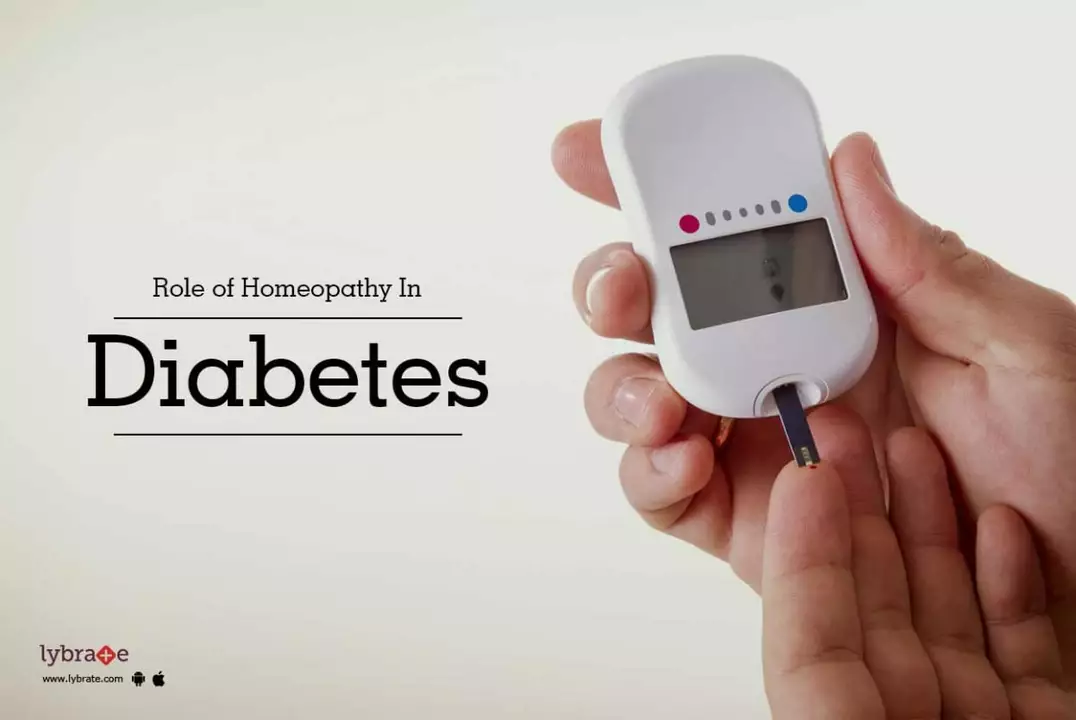As a blogger, I cannot stress enough the crucial role medication plays in managing type 2 diabetes. These medications help regulate blood sugar levels, reducing the risk of complications and improving overall quality of life. There are various types of medications available, including oral medications and insulin injections, which can be tailored to individual needs. It's essential for people with type 2 diabetes to work closely with their healthcare team to find the best treatment plan for them. Remember, medication is just one aspect of diabetes management, and maintaining a healthy lifestyle is equally important.
Type 2 Diabetes: Real-World Tips for Managing Blood Sugar
About 90% of people with diabetes have type 2. If that’s you or someone you care for, the good news: small daily actions add up. This page gives clear, useful steps on monitoring, medicines, lifestyle changes, and where to get trusted info. No fluff — just practical advice you can use today.
How monitoring and meds actually work
Checking blood sugar is the simplest habit that changes outcomes. Aim for a routine: fasting reading in the morning, one reading two hours after a main meal, and occasional checks before bed. Your target numbers come from your healthcare team, but common goals are fasting 80–130 mg/dL and post-meal under 180 mg/dL.
Metformin is the usual starter drug. If metformin causes side effects or doesn’t reach targets, newer options exist. Our site has a detailed post called “2025's Top 7 Alternatives to Metformin” that compares those choices. Some people need insulin if pills aren’t enough. If you’re on diuretics or other meds, be careful — they can change blood sugar or interact with diabetes drugs. We have practical pieces about diuretics and mixing alcohol that help explain risks.
Practical daily steps that work
Diet doesn’t mean deprivation. Focus on plate balance: half non-starchy veggies, a quarter lean protein, a quarter whole grains or starchy veg. Swap sugary drinks for water or unsweetened tea. Small swaps — switching a soda to water, or adding a daily walk — lower your numbers more than dramatic but short-lived diets.
Move a bit every day. Aim for 20–30 minutes of brisk walking most days. If joint pain is an issue, try swimming or cycling. Resistance training twice weekly helps insulin sensitivity — lifting weights or bodyweight moves count.
Sleep and stress matter. Poor sleep raises blood sugar and cravings. Try simple sleep habits: consistent bedtime, no screens an hour before sleep, and a dark, cool room. For stress, start with five minutes of focused breathing daily. It’s easier to keep consistent than long meditation sessions.
Supplements and extras? Some supplements show small benefits, but evidence varies. Before adding anything, check with your doctor — especially if you take multiple meds. Our site’s posts on supplements and hormone health can help you ask the right questions.
Buying meds online? If you search for cheaper options, read reviews and look for pharmacies that require a prescription and show clear contact details. We review several online pharmacies to help you spot red flags and safe services.
When to call your clinician: persistent high readings above your agreed targets, very low readings below 70 mg/dL, sudden weight loss, new vision changes, or wounds that don’t heal. Don’t wait — early action prevents complications.
Want specific how-tos on medicines or alternatives to metformin? Check our in-depth guides and reviews. Start small, track results, and make one change this week — a daily walk, a sugar swap, or a consistent monitoring habit. Those tiny steps compound fast.

